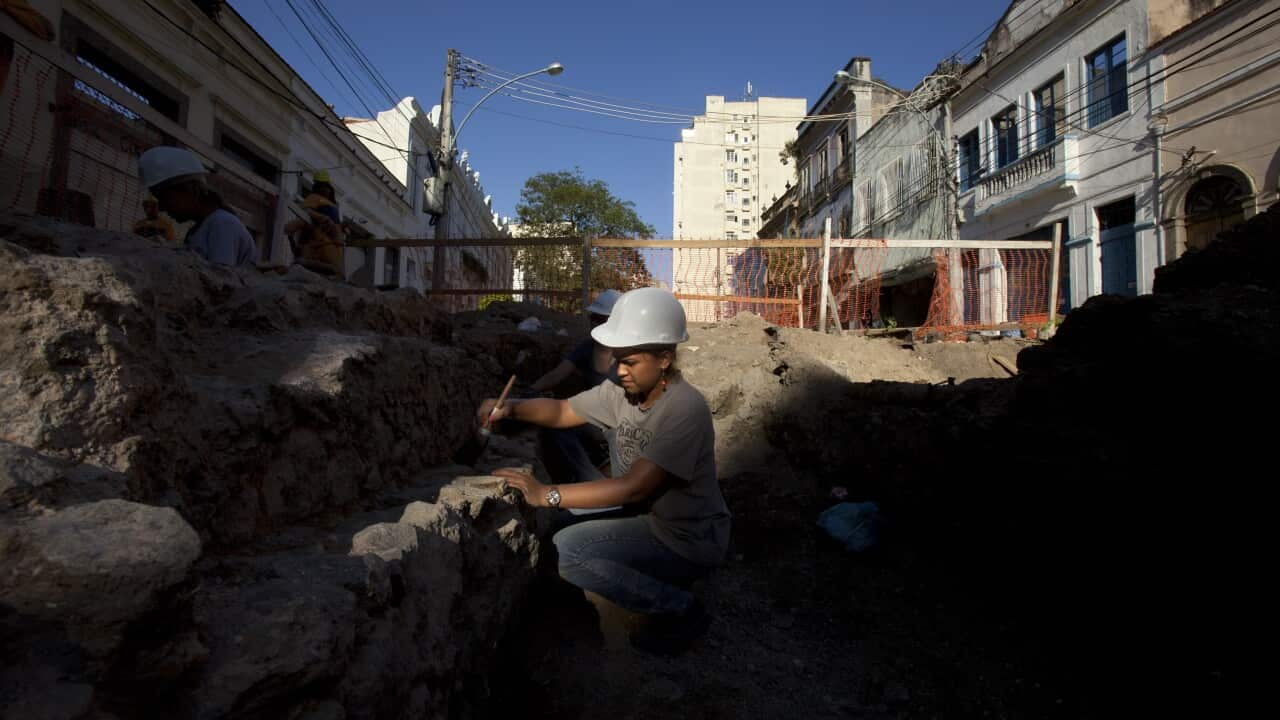The Valongo wharf in Rio de Janeiro where slaves from Africa first arrived in Brazil has been added to the list of World Heritage sites, UNESCO announced on Sunday.
The committee of the UN cultural body, meeting in Krakow, Poland, said Valongo was a reminder of the estimated 900,000 Africans who were brought there by slave traders starting in 1811.
The old stone wharf "is the most important physical trace of the arrival of African slaves on the American continent," UNESCO said on its website.
For Valongo, the world heritage honour makes it a twin with Ile de Goree, a small island near Dakar harbour that was chosen in 1978 as the emblem of the departure points for slaves from west Africa on their way to the Americas.
Valongo deserved the recognition like Auschwitz and Hiroshima "to make us remember those parts of the history of humanity that must not be forgotten," historian Katia Bogea, head of Brazil's national heritage institute (IPHAN) told the UNESCO committee.
Today the Valongo site is not on the water, but well inland, following expansion of the original city. The remains were only discovered by accident in 2011 during massive works to refurbish the port area for the 2016 Olympics.
Historians had known that this was the area where the biggest slave trade in the Americas was centred, but few Brazilians were aware. Nearby, a couple discovered by chance that their house was sitting on a mass grave of what could be tens of thousands of slaves.
Valongo is where the slaves, often emaciated and sick after the voyage, were taken to be quarantined, sorted and sold.
"It's a unique memorial, containing the last remaining vestiges of the slaves' arrival," anthropologist Milton Guran recently told AFP.
Guran also pointed to a far reaching consequence to UNESCO status: "It will oblige Brazil to recognize its African roots" and will also encourage educational tourism.
Share



